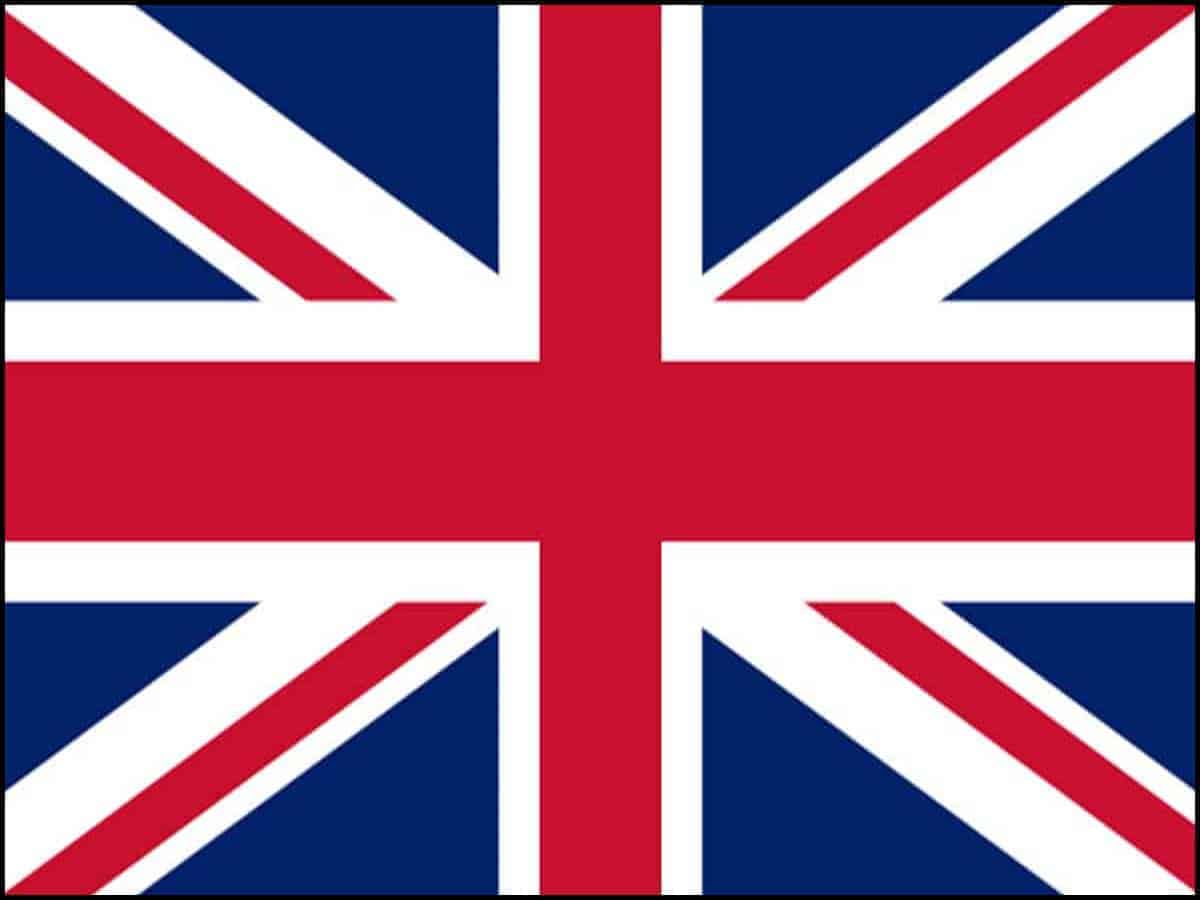London: New tougher restrictions have come in force from Sunday in Wales, Scotland and Northern Ireland under devolved powers in a bid to curb rising coronavirus cases across the United Kingdom.
Prime Minister Boris Johnson and his Cabinet is expected to review the latest data and advice from experts on Monday to decide if further restrictions need to be brought in for England as well. The region is currently under Plan B measures, which call for working from home, compulsory face masks and COVID-19 vaccination certificates for entry to large venues.
Meanwhile in Wales, nightclubs will close from Sunday and a maximum of six people will be allowed to meet in pubs, restaurants and cinemas. Up to 30 people will be allowed at indoor events, while at outdoor events the limit is 50.
In Scotland, social distancing of one metre will now be required at large events and attendance will be limited to 100 people at indoor events where people are standing, or 200 for seated events inside. For outdoor events, the limit is 500 people. From Monday, nightclubs will be forced to close for three weeks, table service will be required in settings where alcohol is being served and the one-metre rule will apply to hospitality and leisure settings.
Northern Ireland has also shut down nightclubs, while indoor standing events and dancing in hospitality settings will be banned. From Monday, a limit of six people or 10 people from a single household will be allowed in indoor hospitality settings. Children will not be counted in the total and weddings or civil partnership celebrations will be exempt.
Daily coronavirus figures are not being reported over the Christmas and Boxing Day weekend, but Friday saw another high of 122,186 UK cases. The UK’s Office for National Statistics (ONS) estimated using its weekly random testing programme that as many as 1.74 million people, or one in 35, had coronavirus seven days ago.
Meanwhile, the Sunday Telegraph’ reports that one of Britain’s most senior health advisers has been accused of disseminating “dodgy data” that inflated the potential risk from the Omicron variant of COVID-19.
Dr Jenny Harries, the Chief Executive of the UK Health Security Agency (UKHSA), is understood to have been the source of a contested claim by Health Secretary Sajid Javid that there is typically a 17-day lag between patients becoming infected and requiring hospitalisation. However, independent experts pointed to ONS data, which suggested an average delay of nine or 10 days.
“COVID restrictions damage people’s lives, livelihoods and mental wellbeing. So it’s really important that the debate about them is based on solid data, said Conservative Party MP Mark Harper, chairman of the anti-lockdown Covid Recovery Group.
Serious questions need to be asked if senior health advisers are furnishing ministers with misleading figures, and failing to correct them at the earliest opportunity. Ministers also have a responsibility to ask detailed questions to ensure they aren’t using dodgy data. We can do better than this, he said.
Johnson is expected to face substantial resistance from within his own Conservative Party over additional lockdown curbs for England, given that 100 Tory MPs had already rebelled against the less strict Plan B measures in the House of Commons earlier this month.

